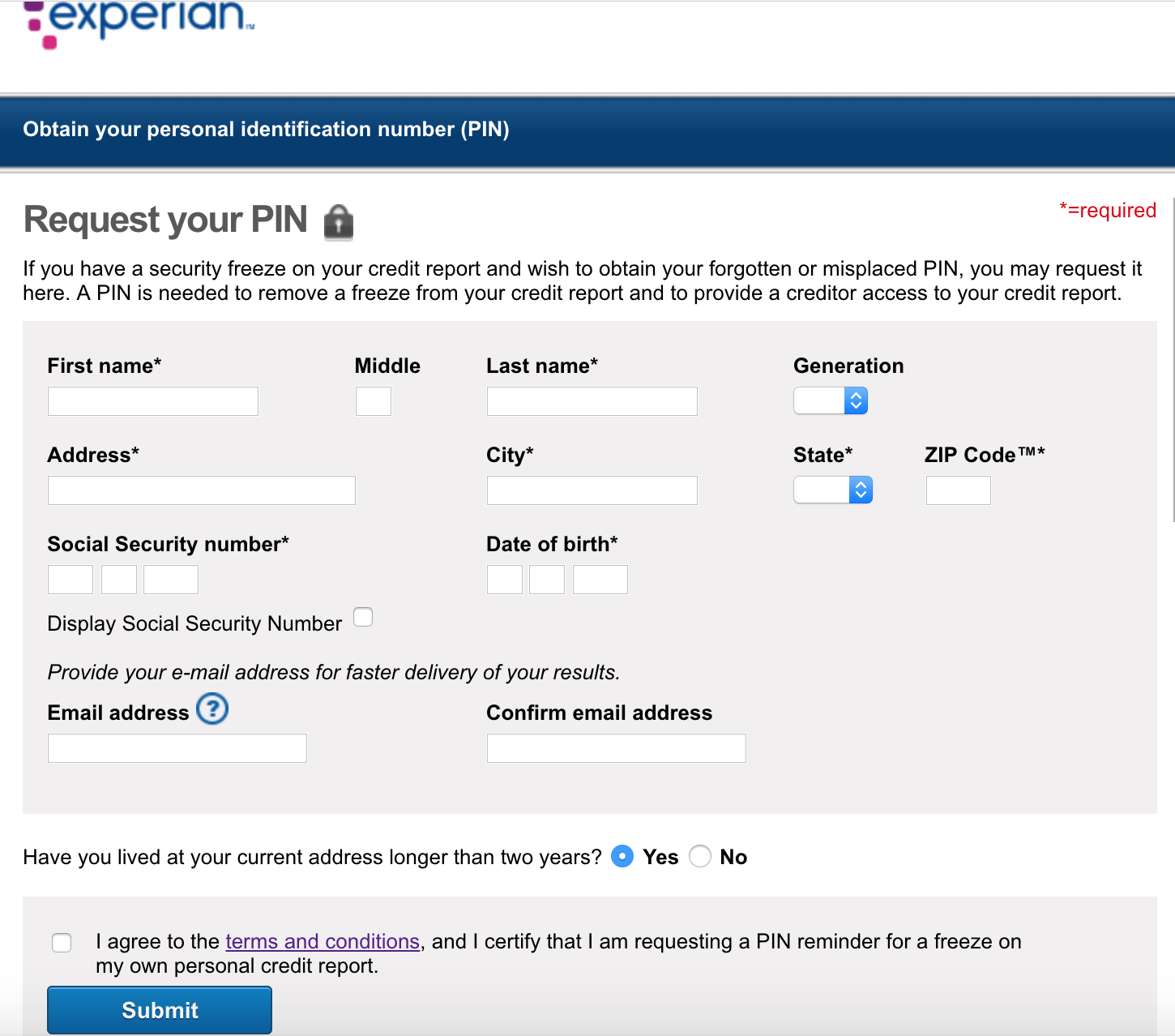Cloud-based human resources company ComplyRight said this week that a security breach of its Web site may have jeopardized sensitive consumer information — including names, addresses, phone numbers, email addresses and Social Security numbers — from tax forms submitted by the company’s thousands of clients on behalf of employees.
Cloud-based human resources company ComplyRight said this week that a security breach of its Web site may have jeopardized sensitive consumer information — including names, addresses, phone numbers, email addresses and Social Security numbers — from tax forms submitted by the company’s clients on behalf of employees.
Pompano Beach, Fla-based ComplyRight began mailing breach notification letters to affected consumers late last week, but the form letters are extremely vague about the scope and cause of the breach. Indeed, many readers who received these letters wrote to KrebsOnSecurity asking for more information, as the company hadn’t yet published any details about the breach on its Web site. Also, most of those folks said they’d never heard of ComplyRight and could not remember ever doing business with a company by that name.




